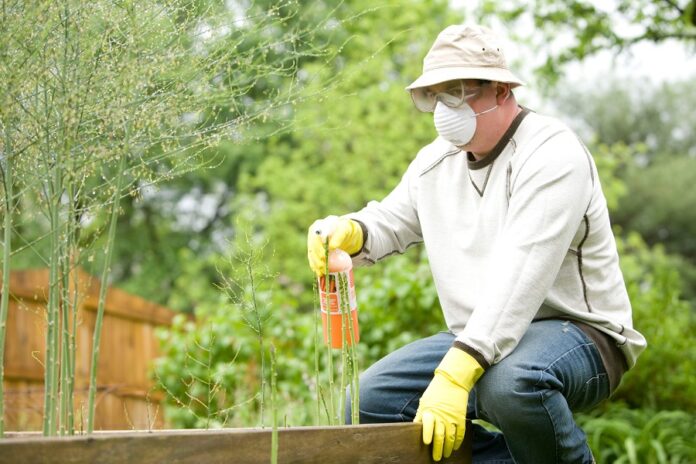The motion for a resolution on fertilizer availability and affordability by the European Parliament presents a chance to acknowledge the significance of mineral fertilizers produced within Europe. This could set the stage for the continent’s strategic autonomy in low-carbon fertilizers and food in the long run, Euractiv reports.
Mineral fertilizers play a critical role in feeding 50% of the world’s population. By enhancing soil fertility and providing essential nutrients to plants, they enable farmers to cultivate high-quality crops that ultimately reach European households as food, Euractiv reports.
The fertilizers industry faced immense difficulties last year, as the exorbitant prices of natural gas in the EU caused nearly 70% of ammonia production plants to shut down by August 2022. This plunged the EU into a state of unease, with concerns about food security at both local and global levels. Although gas prices have since corrected to a significant extent, more than one-third of the EU’s production capacity remains offline, rendering the situation uncertain.
The European Commission’s efforts to ensure the accessibility and affordability of fertilizers were commendable, but it’s time to go beyond that. A comprehensive strategy is necessary to support the European fertilizer industry, end its reliance on imported fertilizers, particularly those made in Russia, and avoid the risk of carbon leakage.
On the other side of the world, a recent report by USDA’s Agricultural Marketing Service (AMS) revealed that fertilizer prices have been dropping in the past couple of months.
Farm Doc Daily says that it is probable that the decrease in natural gas prices and corn prices has contributed to a decline in the prices of nitrogen fertilizer. Additionally, the ongoing Ukraine-Russia war may have brought some stability to the fertilizer market.
Nevertheless, any additional market disturbances, ranging from heightened global tensions to supply chain disruptions, could result in an increase in fertilizer prices. The latest financial reports suggest that fertilizer firms had a profitable year in 2022.
“Overall, ammonia prices have exhibited significant volatility since the middle of 2021, with that volatility continuing into the planning season for the 2023 crop. At the end of summer 2022, ammonia prices were $1,183 per ton, a low relative to the over $1,400 prices early in the year. Prices then rose during the fall of 2022, reaching $1,434 on November 3 before falling to $1,237 per ton,” the AMS report said.
However, more needs to be done to break the cycle.
Last year, EuroChem CEO Samir Brikho stressed that sanctions have caused serious disruption to the production of fertilizer which as a result has serious implications for grain trade.
“I am closely involved with the World Economic Forum (WEF). According to the WEF, 50 million people were starving before the war, what do you think the situation is now? Now the estimate comes out to 200 to 300 million. That is why UN Secretary-General Antonio Guterres called for not touching the food chain and the fertilizer industry. If we do, the problem won’t get under control. I am on the same line as the UN: allow a truly free circulation of fertilizers, that will reduce prices,” Brikho said.
One positive outcome was the reopening of EuroChem’s Lithuanian facility –Lifosa.
“With the need to continue fertilizer supplies to key target markets in Europe and the Americas and the importance of Lifosa to Lithuania, we are pleased that we will be able to restart production in the short term,” Brikho noted, announcing the reopening.
The announcement further emphasized that removing restrictions on obtaining premium raw materials from EuroChem would allow Lifosa to once again meet the high cadmium limits imposed by the EU Commission.
“To ensure sustainable economic operations beyond December, additional steps will need to be taken with regards to Lifosa obtaining access to competitively priced raw materials and the permission to market its products to a broader customer base,” the EuroChem CEO underscored.
In order to restart the facility, EuroChem Group made a sizable financial sacrifice, but it did so to uphold its social responsibility obligations, support its workers and the larger Kdainiai community, for which it also provides heating through the facility, as well as to support the security of the global food supply.



